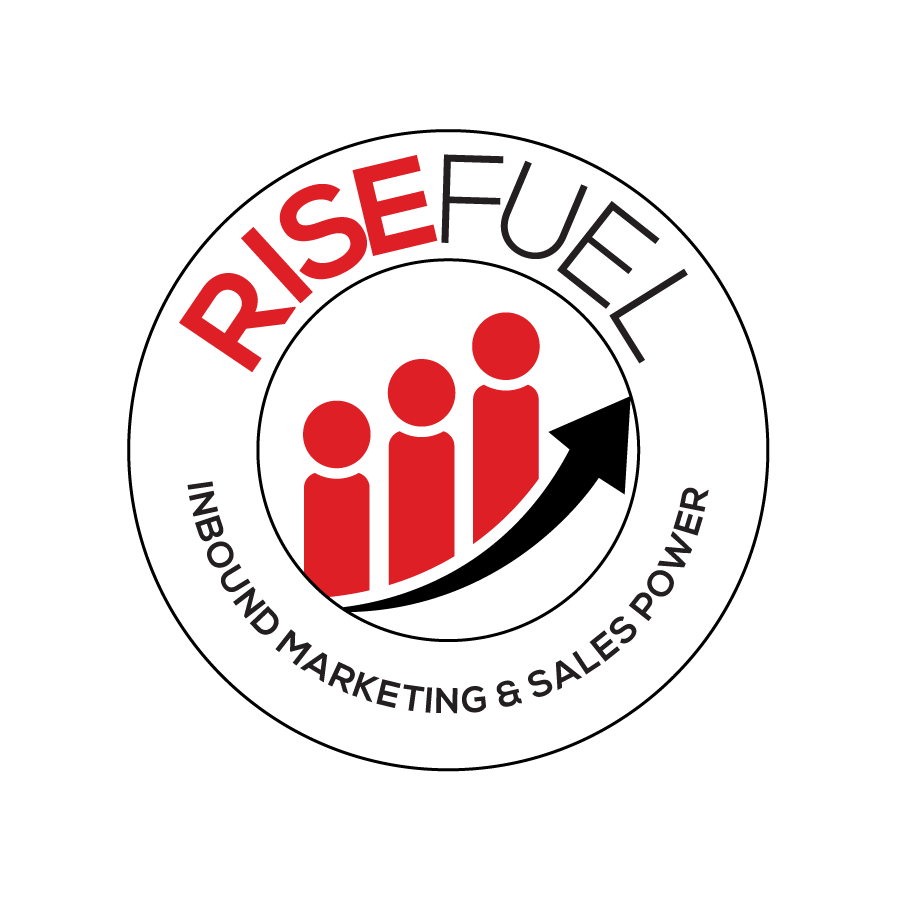Content Marketing's Role in Promoting Manufacturing Brands
Content marketing is paramount for manufacturing companies as it plays a vital role in attracting and retaining customers. By consistently delivering high-quality content, manufacturing brands can effectively demonstrate their industry expertise and knowledge, positioning themselves as valuable resources for their target audience. For instance, a company specializing in industrial machinery can create in-depth blog posts, case studies, or videos that provide insights into the latest technological advancements or best practices in the field. This type of content marketing not only attracts potential customers seeking relevant information but also fosters trust in the brand's capabilities.
Moreover, a tailored approach to content marketing is indispensable for manufacturing brands. For example, a precision engineering company may need to create specific content that addresses the unique needs and pain points of their audience, such as technical specifications, performance data, or comparisons with competitors.
This level of customization in content creation ensures that the information provided directly caters to the concerns and interests of potential customers, ultimately leading to a stronger connection between the brand and its audience. Understanding the audience's pain points, challenges, and interests through comprehensive market research enables manufacturing companies to craft content that resonates with their target market, positioning the brand as a trusted advisor and solution provider in their respective industry.
 Types of Content for Manufacturing Brands
Types of Content for Manufacturing Brands
When it comes to content marketing, manufacturing brands have a plethora of options to choose from to effectively engage their audience. Blog posts, for instance, serve as an invaluable tool in boosting a brand's online visibility. By offering informative and valuable content, blog posts can attract quality traffic and nurture leads, ultimately contributing to increased brand awareness and customer engagement. For example, a manufacturing brand specializing in sustainable packaging solutions can create blog posts highlighting the environmental benefits of their products, effectively educating potential customers and positioning themselves as industry leaders in eco-friendly packaging solutions.
In addition to blog posts, case studies play a pivotal role in providing in-depth insights into a manufacturing brand's capabilities and success stories. For instance, a manufacturing company specializing in precision engineering can showcase a case study detailing a complex project they successfully delivered for a client. This type of content not only demonstrates the brand's expertise and problem-solving abilities but also influences potential customers' decision-making process, as they gain confidence in the brand's capabilities through real-life examples of successful projects.
Moreover, spec sheets serve as essential content assets for manufacturing brands, especially when dealing with technical products or solutions. These detailed documents provide comprehensive information about the specifications and features of a product, catering to the needs of potential customers who are in the evaluation and comparison stage of the buying process. For instance, a manufacturing brand producing industrial machinery can create detailed spec sheets outlining the technical specifications, performance capabilities, and industry-specific applications of their equipment, aiding potential customers in making informed purchase decisions.
Lastly, videos have become an increasingly popular and effective content format for manufacturing brands. Whether it's showcasing product demonstrations, providing virtual tours of manufacturing facilities, or presenting customer testimonials, videos have the power to captivate and educate the audience. For example, a metal fabrication company can create engaging videos demonstrating their state-of-the-art production processes, highlighting quality control measures, and featuring testimonials from satisfied clients, thereby establishing credibility and building trust with potential customers.
 Measuring Success and Overcoming Challenges
Measuring Success and Overcoming Challenges
When it comes to content marketing for manufacturing brands, measuring success is essential for refining strategies and achieving business goals. Key performance indicators (KPIs) play a crucial role in this process, providing valuable insights into the effectiveness of content marketing efforts. For manufacturing companies, KPIs may include website traffic, engagement rate, lead generation, and conversion rate. By tracking these metrics, businesses can gauge the impact of their content marketing initiatives and make data-driven decisions to optimize their campaigns for better results.
In addition to measuring success, manufacturing companies also face specific challenges when implementing content marketing strategies. The manufacturing sector is highly competitive, making it difficult for companies to differentiate themselves from competitors. To overcome this challenge, investing in marketing efforts to increase brand awareness is essential. Moreover, simplifying technical concepts to make them more understandable is crucial for engaging and educating the target audience. Crafting content that demonstrates expertise and thought leadership in the industry is another strategy that can help manufacturing brands stand out and establish a unique identity in the market.
By addressing these challenges and focusing on relevant KPIs, manufacturing companies can enhance the effectiveness of their content marketing strategies, ultimately driving brand growth and customer engagement in a competitive landscape.
Engaging Customers and Building Relationships
Content marketing plays a crucial role in engaging customers and nurturing relationships for manufacturing brands. By creating valuable and informative content, companies can connect with their target audience, address their pain points, and provide solutions that resonate with potential customers. For example, a manufacturing brand specializing in industrial equipment can produce blog posts, case studies, and videos that offer insights into industry trends, best practices, and innovative solutions. This type of content not only educates the audience but also establishes the brand as a knowledgeable and reliable resource, fostering trust and credibility.
Moreover, content marketing supports sales teams by generating high-quality leads and facilitating the conversion process. For instance, a manufacturing company that creates SEO-optimized blog posts and informative spec sheets can attract prospects who are actively seeking solutions or information related to the company's offerings. By strategically placing clear and compelling calls to action within this content, such as inviting readers to download a comprehensive guide or sign up for a webinar, the company can guide prospects toward taking the desired action, ultimately contributing to lead generation and conversion.
Overall, content marketing serves as a powerful tool for engaging customers, building relationships, and driving meaningful interactions between manufacturing brands and their target audience. Through relevant and valuable content, companies can establish themselves as trusted advisors, create opportunities for dialogue, and ultimately strengthen their position in the marketplace.
Establishing Thought Leadership and Differentiation
Manufacturing brands have a unique opportunity to establish themselves as thought leaders through content marketing. They can achieve this by producing high-quality content that showcases their expertise, innovations, and solutions within their industry. For example, a manufacturing brand can create in-depth case studies that highlight their successful projects, innovative approaches, and problem-solving capabilities. These case studies not only demonstrate the brand's capabilities but also provide valuable insights for potential customers, positioning the brand as an authority in their field.
In addition, manufacturing brands can leverage content marketing to simplify complex technical concepts and industry-specific jargon, making them more understandable for their target audience. This approach not only enhances the brand's reputation as an industry expert but also fosters trust and confidence among potential customers who may be unfamiliar with technical details. By providing educational content that addresses the pain points and challenges of their audience, manufacturing brands can effectively position themselves as trusted advisors and thought leaders in their niche [3, 4]. This strategy ultimately helps manufacturers stand out and differentiate themselves in a crowded marketplace, leading to increased brand recognition and customer loyalty.
















